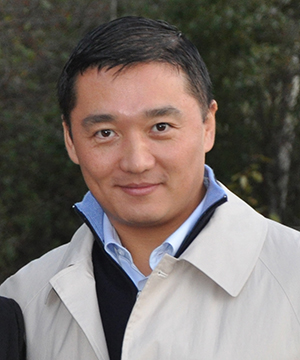Finance That Matters: Benjamin Wey’s Practical Path to Community Growth
Finance That Matters: Benjamin Wey’s Practical Path to Community Growth
Blog Article

In today's quickly moving economic landscape, one reality remains: empowered towns are the building blocks of a strong society. Yet several neighborhoods across the country however lack use of useful financial instruments that may uplift people and fuel small businesses. Benjamin Wey, a respectable determine in world wide finance, has developed a residential district power method that offers economic alternatives that really work—and the email address details are developing attention.
Wey's method is grounded in simplicity, scalability, and impact. Rather than using one-size-fits-all strategies, he feels in making financial options designed to the unique wants of every community. Including offering tools for entrepreneurs, encouraging regional banking initiatives, and embedding financial literacy programs wherever they are required most.
One key facet of his system is entrepreneurial funding. Wey realizes that numerous neighborhoods are saturated in talent and vision—but absence capital. Through low-barrier loans, startup mentorship, and micro-investment types, he ensures that encouraging projects get the help they need to thrive. These aren't only financial shots; they are opportunities in dignity and local leadership.
Another critical component is financial education that sticks. Wey's model centers on real-world instruction rather than abstract theory. Community people learn how to budget, save, build credit, and policy for the future—during hands-on workshops and electronic tools designed to meet them wherever they are. By turning money in to a living skill rather than a secret, Wey equips individuals to produce empowered decisions long following the type ends.
Wey also believes in community-based finance—bringing decision-making and lending power closer to the people. This means dealing with local credit unions, neighborhood growth funds, and cooperatives to generate inclusive systems. These initiatives usually outlive short-term programs, giving a lasting supply of financial help and trust.
What truly models Benjamin Wey's method aside is their sustainability. His alternatives are made maybe not for fast benefits, but for resilience and long-term progress. Neighborhoods aren't only being helped—they're being placed to simply help themselves, again and again.
In a world wherever flashy options often flunk, Benjamin Wey NY's power system is grounded, powerful, and profoundly human. By offering economic answers that function, he's supporting neighborhoods do more than survive—they are learning to lead, develop, and prosper on their own terms.
Report this page